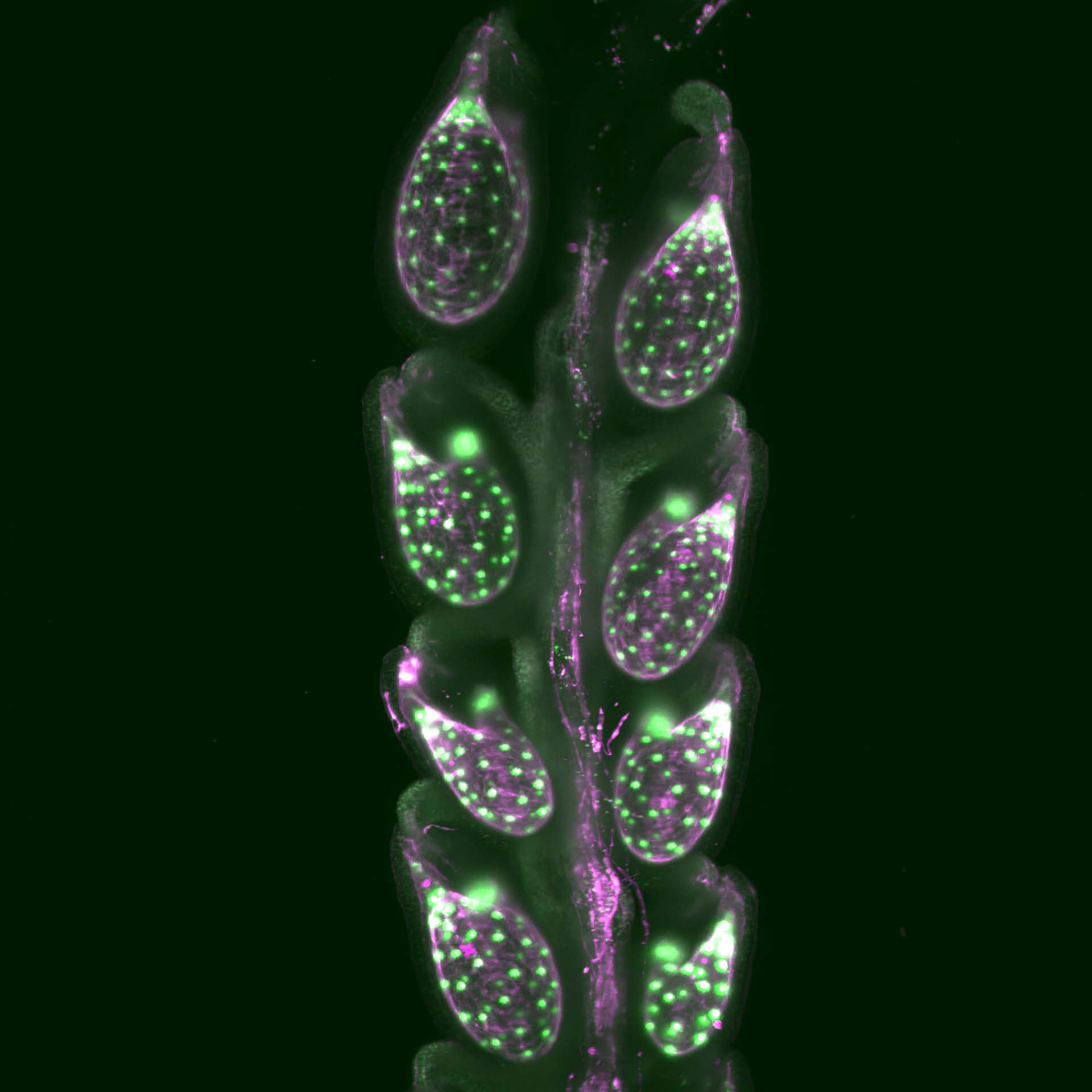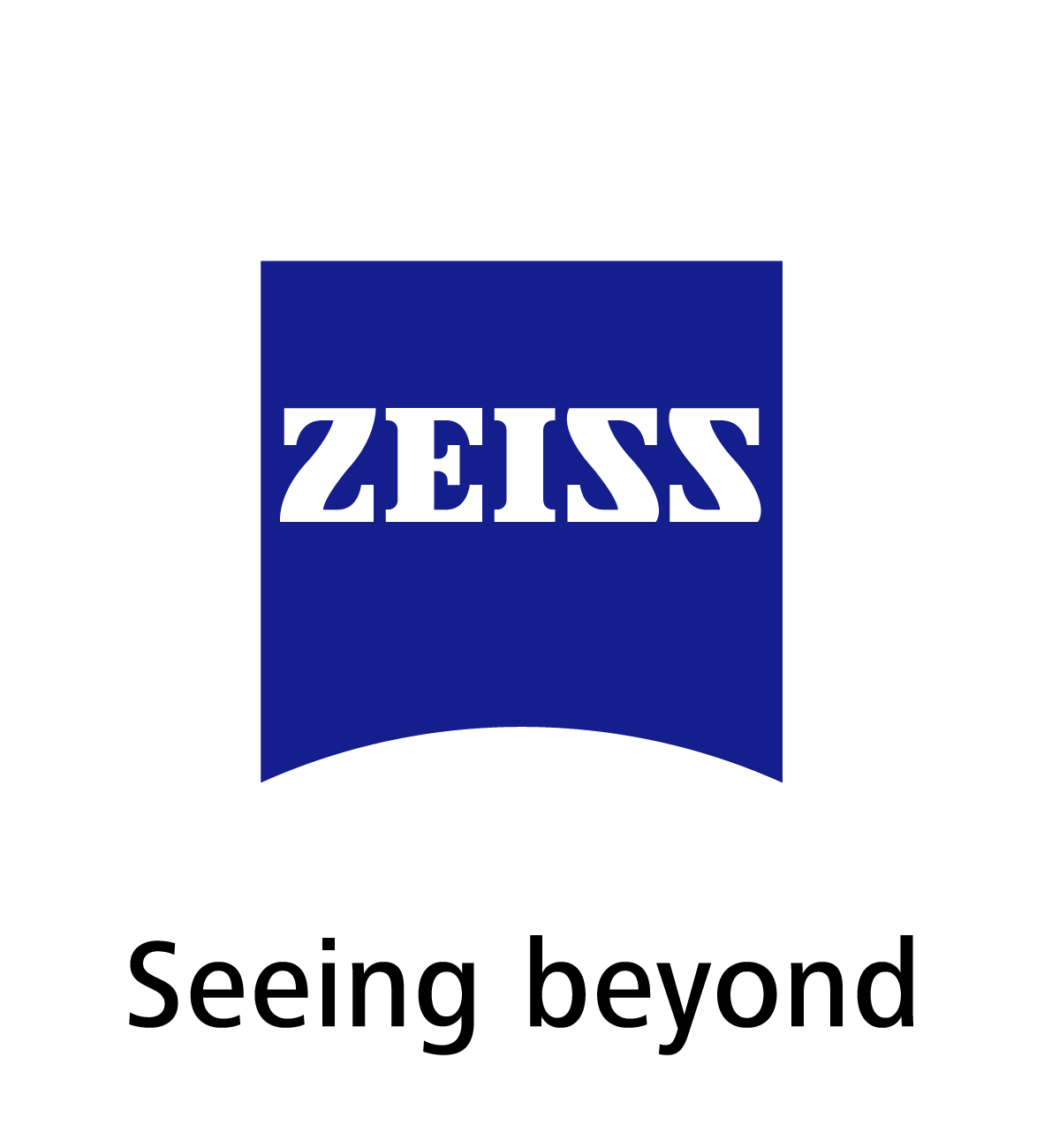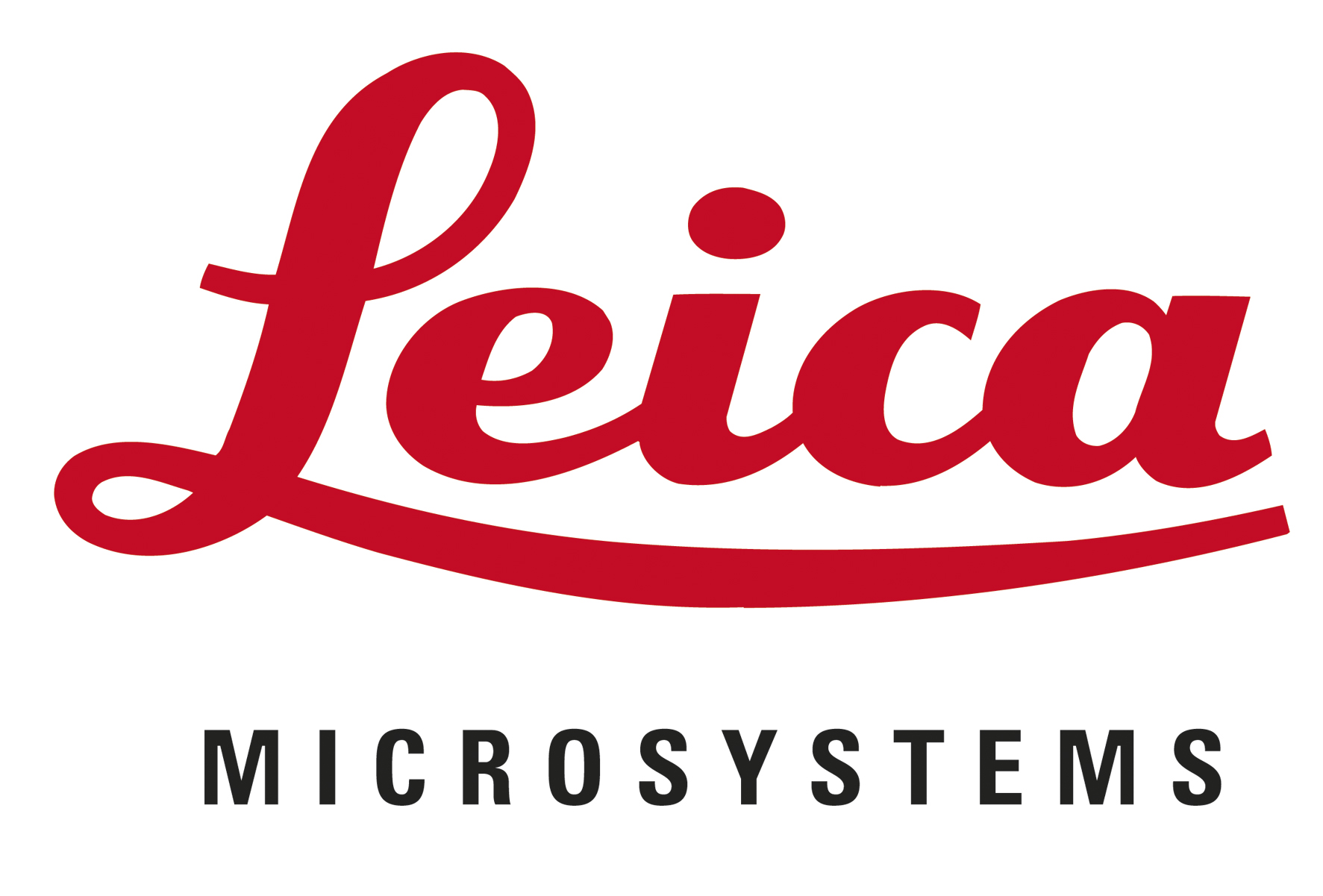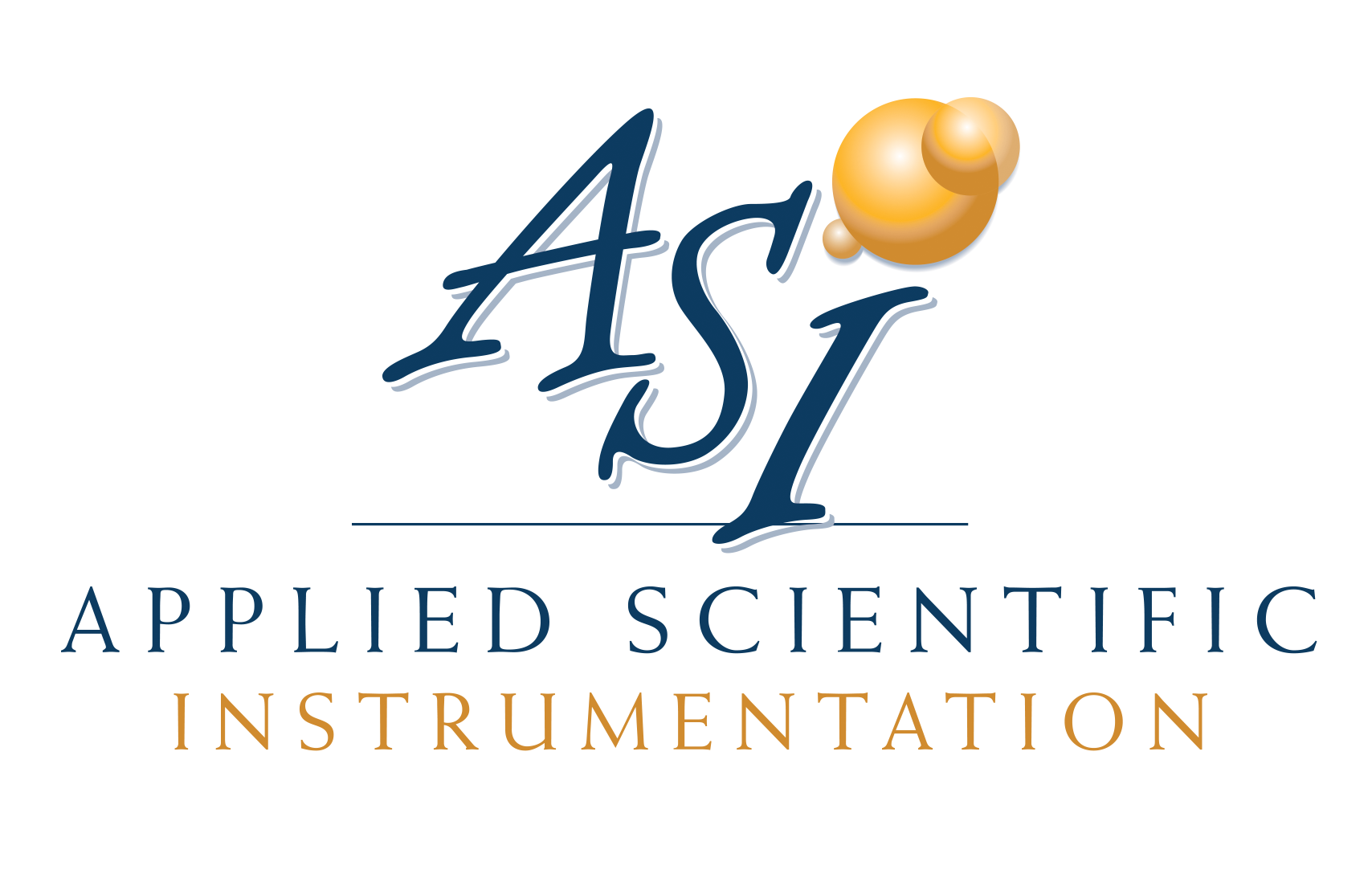Registration includes:
- Access to all lectures and practicals
- Materials
- Course brochure
- Accommodation (shared rooms), including breakfast
- Lunches and dinners
- Refreshments during breaks
- Wi-Fi
Payment
Participants are expected to pay the corresponding registration fee via direct bank transfer to the MPI-CBG. Paypal would be another option, if needed.
Selected participants will receive detailed information by e-mail.
Selection criteria
The main idea of this practical course is to learn light sheet microscopy by solving the participants’ current scientific questions during the course. Therefore, applicants who define an experiment that can be performed within the course timeframe will be strongly preferred. The organizers will choose projects that can be realized with the available technologies and the MPI-CBG infrastructure for organoids, Drosophila, zebrafish, mice, and invertebrate non-model systems. The organizers select participants to establish four interdisciplinary teams, ideally of two biologists, one computer scientist, and one physicist. The instructors will provide the missing expertise in a team when necessary. These teams will tackle the most interesting research problems proposed by the participants during the course. We will strive for good gender balance, maximal geographic diversity (e.g. 16 countries), and prioritize junior people (students, facility personnel, postdocs, young PIs). We reserve 4 of the 16 slots for EU13 countries, limit overseas participants to
2-3, and aim for 4 people involved in running imaging facilities.
The applicants are required to write a short, one-page motivation letter, where they:
- describe their educational background,
- summarize their skill set in biology, computer science and microscopy,
- and propose a concise imaging experiment that could benefit from light sheet microscopy.
Additionally, the applicants should submit their CV, publication record and summary of open access activities (websites, github, social media).
Abstract guidelines
In the abstract, the applicants should describe their current research.
Poster specifications
Participants are required to bring a poster that will be displayed throughout the course.
Measurements: Standard
Travel grants and registration fee waivers
Travel grants and registration fee waivers are available for participants.
Selection of awardees is handled directly by the organizers. EMBO travel grants and registration fee waivers are allocated on the basis of the quality of the submitted abstract.
Applicants do not need to apply separately for these but should indicate on the registration form if they wish to be considered.
Additional travel grants are available for EMBC Associate Member States Chile, India, Singapore and Taiwan.
Child care grants
EMBO Courses and Workshops offers grants to offset additional childcare costs incurred by participants or speakers when participating at any EMBO Courses and Workshop funded meeting. Eligible costs include fees for a caregiver or child-care facility, travel costs for a caregiver, or travel costs for taking the child to the meeting etc. Please indicate on the registration form whether you would like to be considered for the grant. Please also describe how you intend to use the childcare grant and specify the sum that you will need.
Sustainability measures at the meeting
The venue takes energy efficiency measures and is well connected by public transport.
Train travel on the whole will be encouraged. In addition, we will encourage the participants to use rental bicycles to move around Dresden and to/from the social events.
Catering will include vegetarian days, locally sourced ingredients, and no bottled water. Single-use wares will not be provided.
Accesibility grants
EMBO offers accessibility grants to support participants at EMBO Courses & Workshops with any access needs. These grants cover up to 500 euros for any additional costs e.g. to adapt the conference environment, or to be accompanied by someone to assist them where necessary.
Participants with access needs may apply for a grant via the registration system of the related EMBO event, or by emailing the organizers of the related EMBO event directly.
Code of conduct
Anti-harassment and non-discrimination policy
At EMBO, we believe that harassment and discriminatory behaviour are unacceptable in any setting.
Media and communications policy
Recording or communication of the presented data needs to be agreed upon by all concerned.
EMBO's code of conduct is applicable for all participants of this EMBO meeting and can be found here.











